Exceptional coffee cities combine passionate roasters, innovative brewing methods, and café cultures that transform simple beverages into community gathering spaces. These destinations offer everything from third-wave specialty roasters to traditional coffee houses where local culture and caffeination intersect perfectly.
The world’s finest coffee experiences happen where beans meet expertise, creating flavors and atmospheres that define entire urban neighborhoods. Here is a list of 19 cities with coffee shops that set global standards for quality and character.
Melbourne, Australia
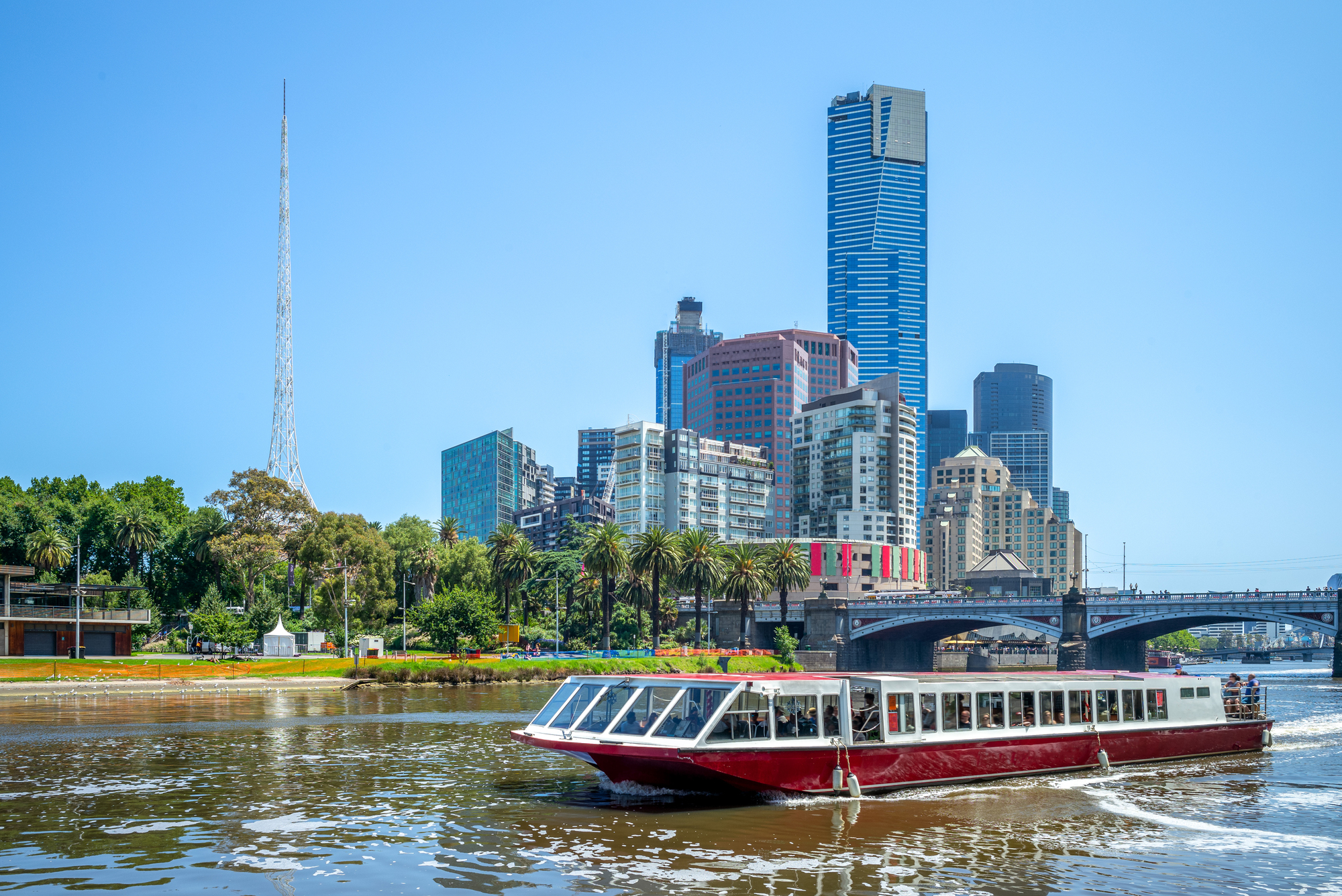
The laneway café culture transforms narrow alleys into coffee destinations where world-class baristas experiment with brewing techniques that influence global trends. Local roasters source beans directly from farms while maintaining relationships that ensure quality from crop to cup.
Flat whites originated here, though most Melbourne coffee shops have moved far beyond basic espresso drinks to offer pour-overs, cold brews, and specialty preparations that showcase individual bean characteristics. The city’s café density means exceptional coffee sits within walking distance of virtually every location, creating a culture where meeting for coffee becomes the default social activity.
Seattle, USA
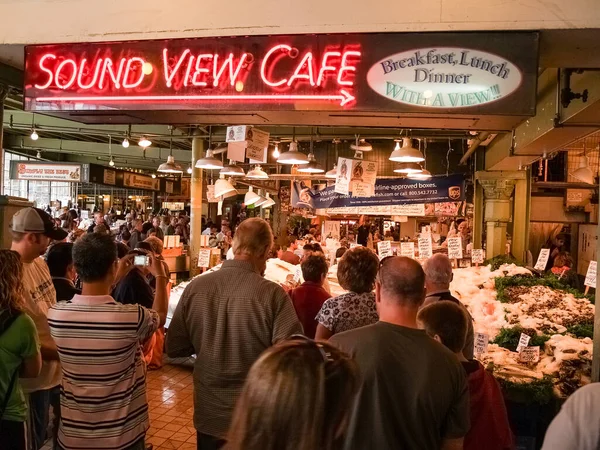
Birthplace of specialty coffee chains, though the best experiences happen in independent roasters that helped establish the Pacific Northwest’s reputation for coffee innovation. Single-origin offerings and small-batch roasting reflect the region’s commitment to quality, while local cafés experiment with brewing methods that emphasize bean terroir.
Pike Place Market’s original Starbucks offers coffee history alongside contemporary shops that serve everything from traditional espresso to nitrogen-infused cold brew. The rainy climate created a café culture where coffee shops function as community gathering spaces during long, gray winters.
Like Travel Pug’s content? Follow us on MSN.
Vienna, Austria

Traditional coffee houses maintain centuries-old rituals where newspapers, marble tables, and elaborate pastries create an atmosphere that UNESCO recognizes as an intangible cultural heritage. Melange and Einspänner preparations follow recipes that haven’t changed since the Habsburg Empire, though contemporary cafés blend Austrian traditions with modern specialty coffee techniques.
The concept of spending entire afternoons in coffee houses shaped European café culture while creating spaces where intellectual and artistic communities flourished. Modern Vienna balances historic coffee house traditions with third-wave roasting that respects both heritage and innovation.
Portland, USA
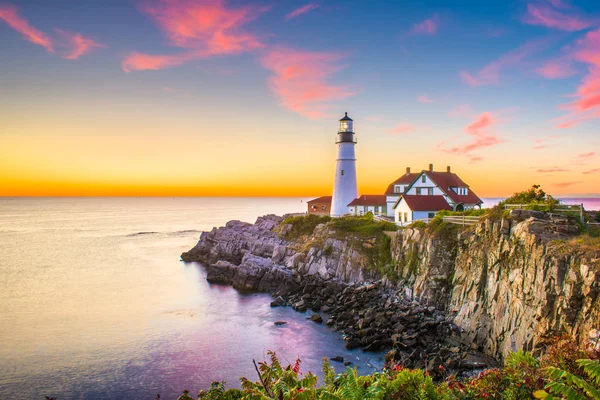
The city’s ‘Keep Portland Weird’ motto extends to coffee culture, where independent roasters experiment with everything from bean processing to brewing equipment design. Local cafés often roast their beans while maintaining direct relationships with coffee farms that prioritize environmental sustainability.
Food cart coffee vendors and bicycle-powered mobile cafés reflect the city’s commitment to alternative business models that challenge traditional retail approaches. The concentration of specialty roasters within city limits means coffee enthusiasts can visit multiple distinct brewing styles within a single neighborhood walk.
Rome, Italy

Espresso culture reaches its zenith in neighborhood bars where standing at marble counters remains the traditional way to consume coffee alongside cornetti and morning conversations. Roman coffee customs include specific timing—cappuccinos only before 11 AM—and preparation standards that have influenced global espresso techniques for over a century.
Traditional espresso machines and time-honored roasting methods create a consistency that locals expect while tourists learn to appreciate the ritualistic aspects of Italian coffee consumption. The speed and efficiency of Roman coffee service reflect a culture where quality espresso happens quickly but never feels rushed.
Like Travel Pug’s content? Follow us on MSN.
Stockholm, Sweden
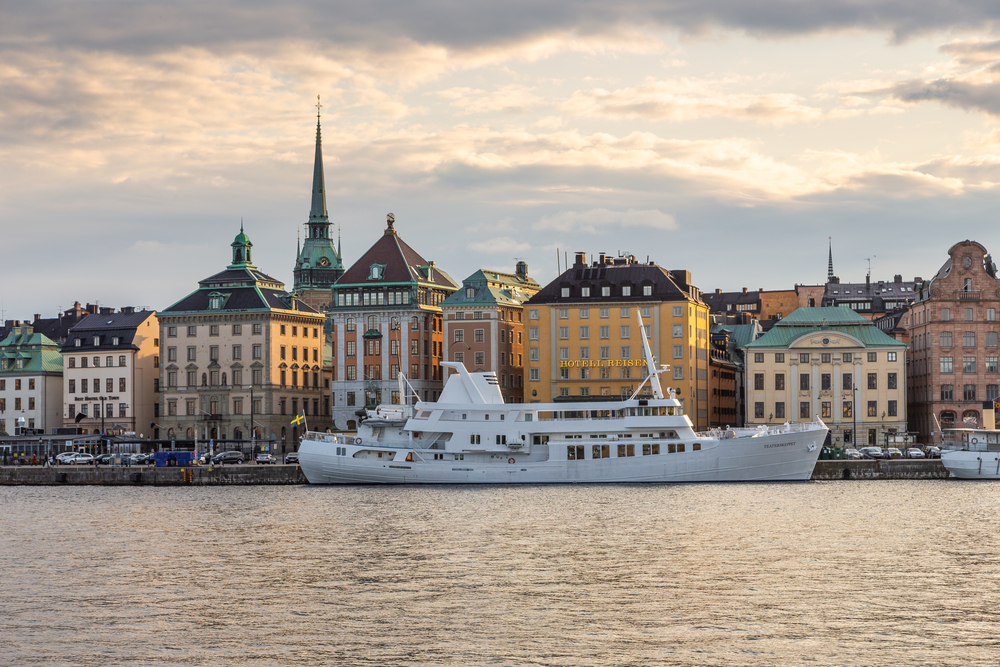
Scandinavian minimalism influences café design, while Swedish fika culture elevates coffee breaks into essential social rituals that prioritize community connection over caffeine consumption. Light-roasted specialty coffees reflect Nordic preferences for brightness and acidity, while local bakeries provide cinnamon buns and cardamom pastries that complement rather than compete with coffee flavors.
The long winter darkness creates café cultures where warm, well-lit spaces become essential community gathering points. Swedish roasters often focus on sustainable sourcing and environmental responsibility, which aligns with broader cultural values.
São Paulo, Brazil
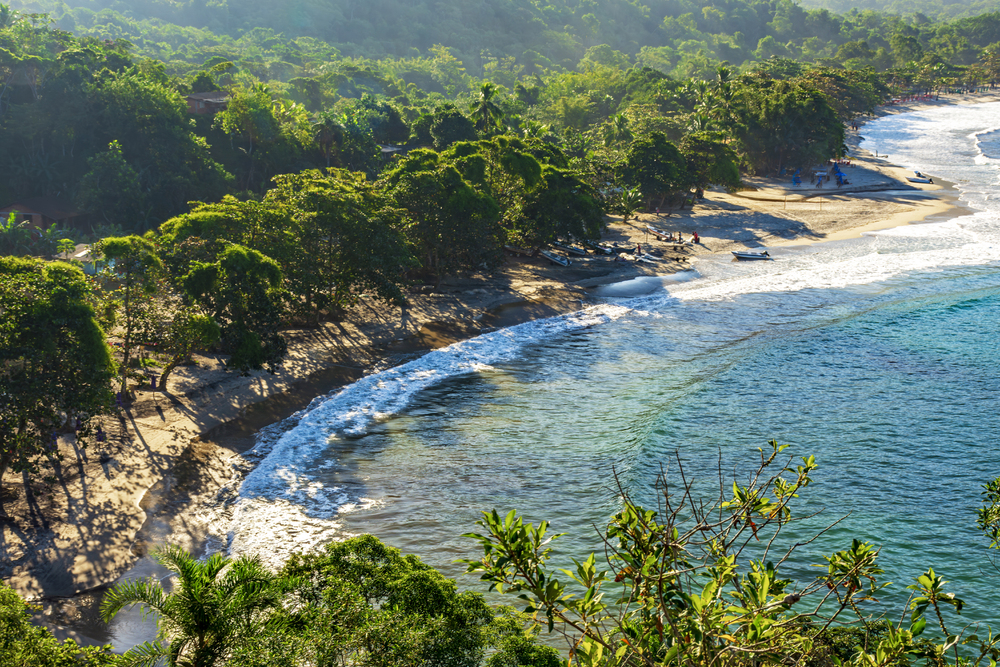
As the world’s largest coffee-producing country, Brazil’s coffee capital offers everything from traditional cafezinho culture to cutting-edge specialty roasters that showcase Brazilian beans’ diversity. Local roasters experiment with processing methods and varietals that challenge assumptions about Brazilian coffee while maintaining connections to the country’s agricultural heritage.
Café com leite traditions blend with contemporary coffee shop culture where Brazilian baristas compete internationally while serving their home country’s exceptional beans. The city’s café density and extended hours accommodate a business culture where meetings naturally happen over coffee throughout the day.
Reykjavik, Iceland
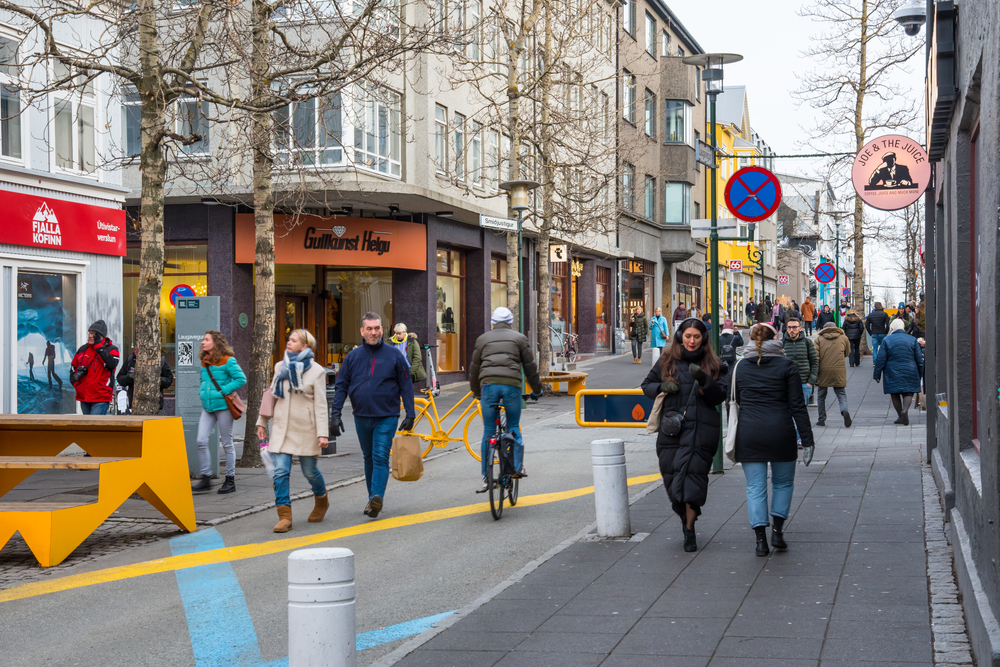
The Nordic coffee culture thrives despite—or perhaps because of—the island’s isolation and extreme weather conditions that make warm, welcoming café spaces essential community gathering points. Local roasters import beans while focusing on light roasts that complement the clean, pure water that Iceland’s volcanic geology provides.
Café culture blends with the country’s literary traditions, creating spaces where reading, writing, and conversation happen alongside exceptional coffee preparation. The long winter nights and summer’s midnight sun create unique rhythms where café hours adapt to natural light cycles rather than conventional schedules.
Like Travel Pug’s content? Follow us on MSN.
Tokyo, Japan
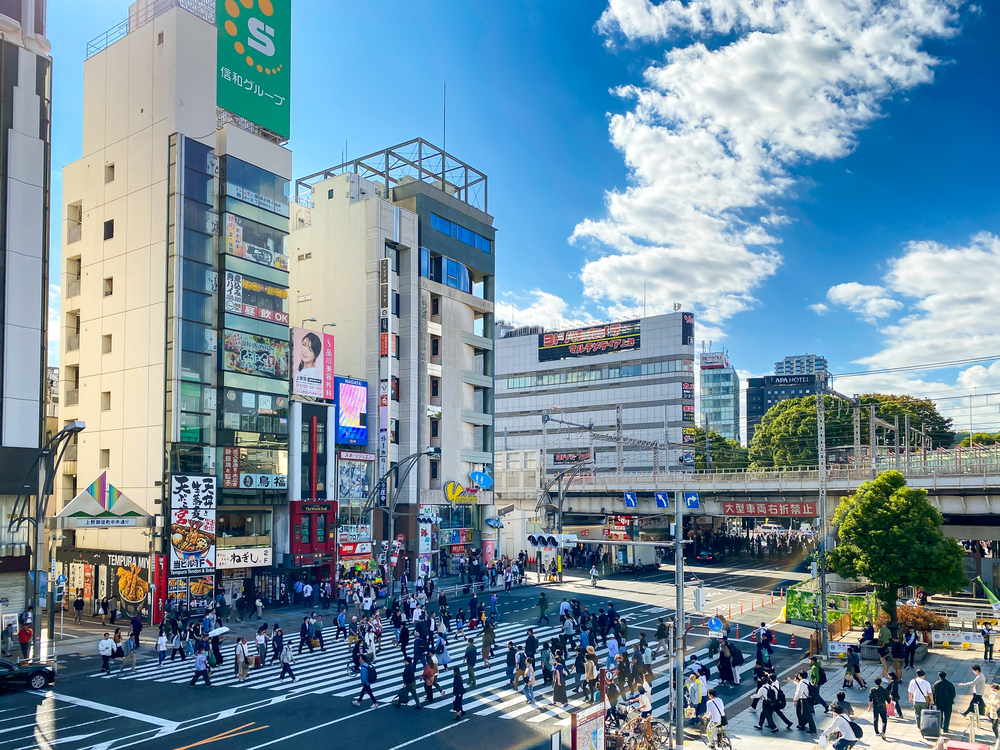
Kissaten (traditional coffee houses) and contemporary specialty cafés coexist in neighborhoods where attention to detail and customer service elevate coffee preparation into artistic expression. Siphon brewing methods and meticulous pour-over techniques reflect Japanese precision while creating flavors that showcase individual bean characteristics.
Blue Mountain coffee and other premium imports receive treatment that honors both Japanese hospitality traditions and global coffee standards. The city’s café density means distinct coffee cultures exist within individual neighborhoods, from business district efficiency to artistic quarter experimentation.
Berlin, Germany
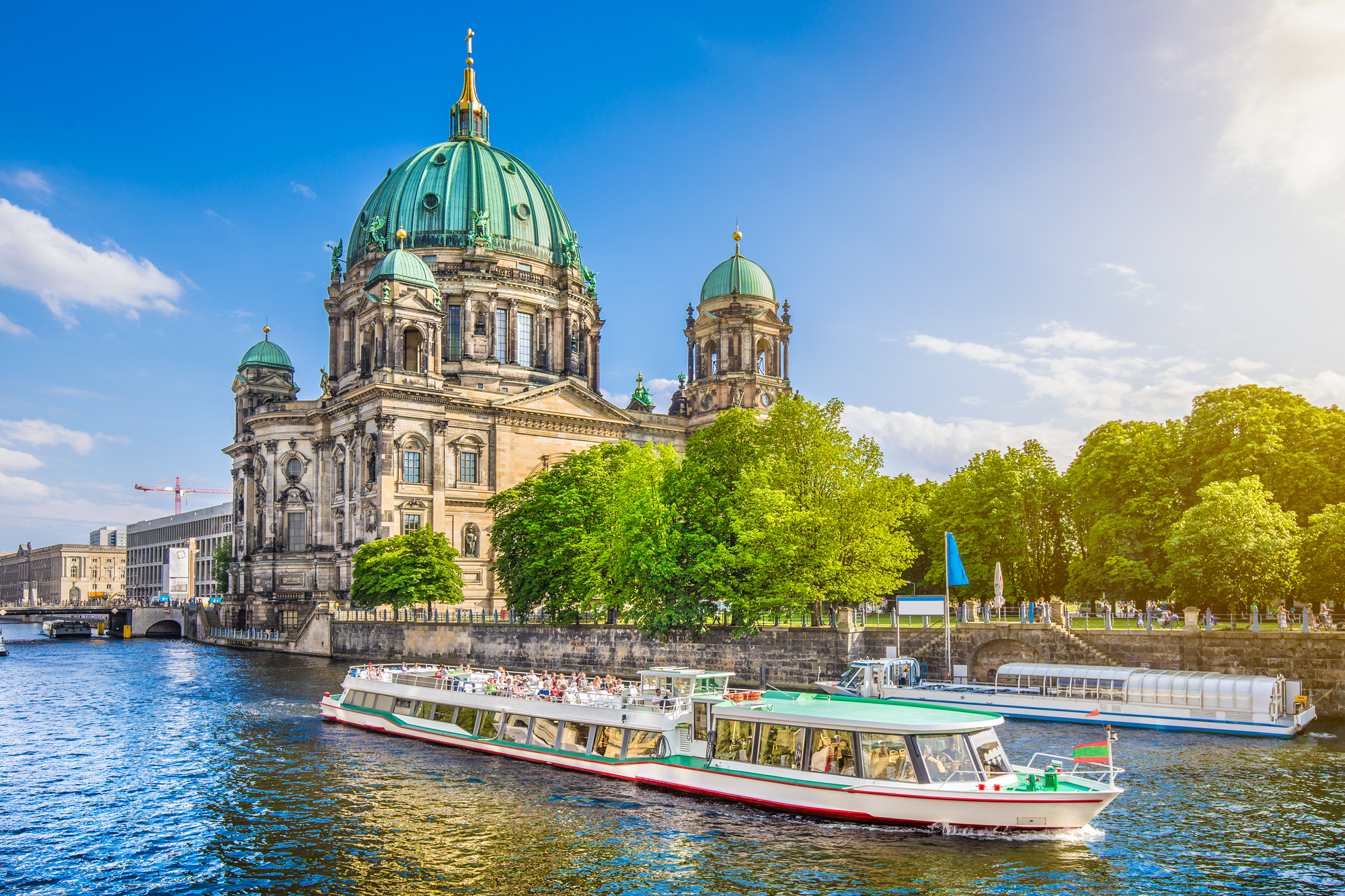
The city’s café culture reflects its artistic and alternative communities, where independent coffee shops serve as informal offices, meeting spaces, and creative hubs that fuel both caffeine needs and cultural exchange. Local roasters often emphasize fair trade and direct relationships with coffee farmers while creating spaces that welcome laptop workers and lengthy conversations.
East Berlin’s industrial spaces house coffee roasters and cafés that reflect the city’s transformation while maintaining connections to its countercultural heritage. The extended café hours and relaxed atmosphere accommodate the city’s flexible work culture and nightlife rhythms.
Wellington, New Zealand
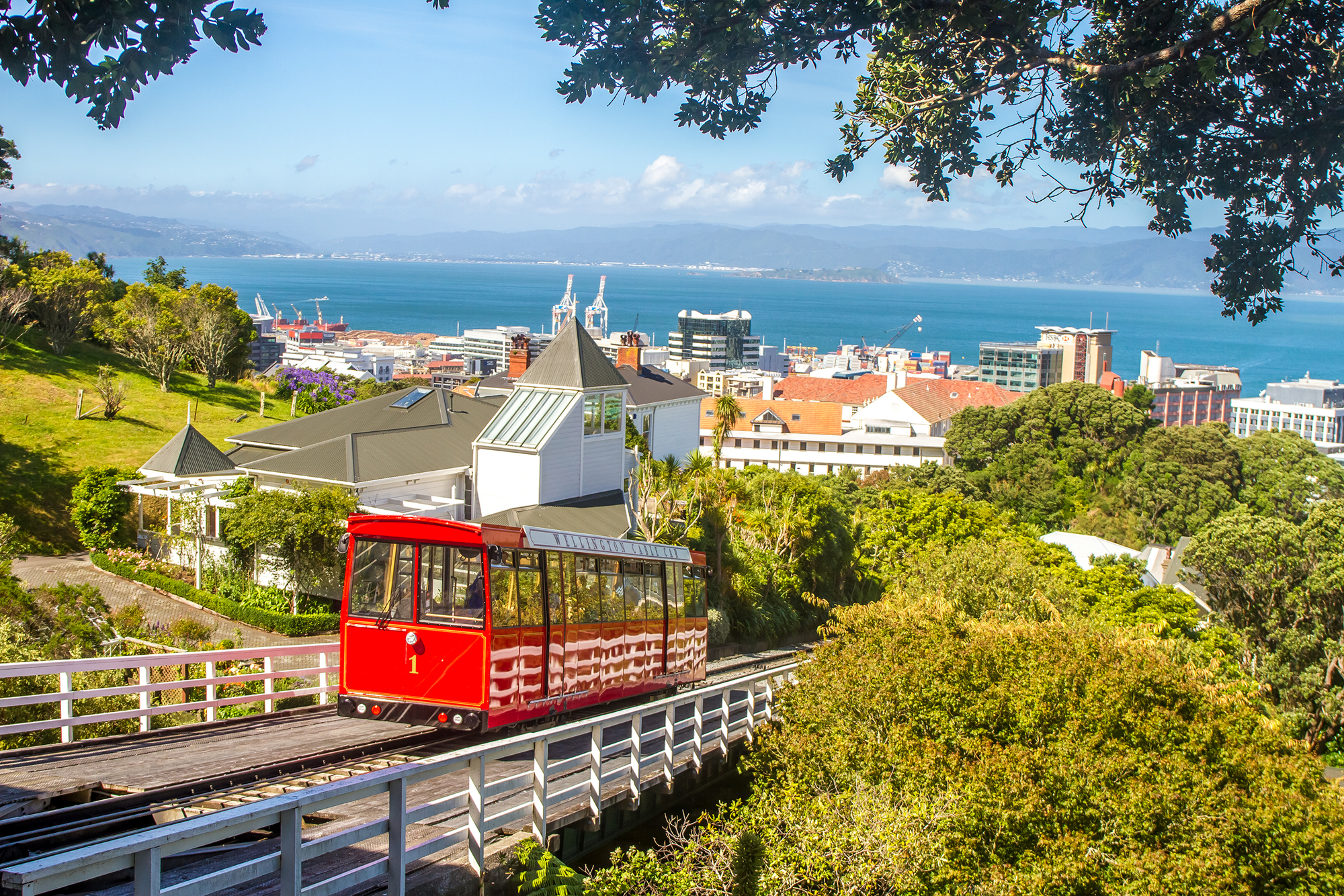
The flat white’s birthplace maintains coffee standards that influence café cultures across the Pacific while local roasters experiment with processing techniques that highlight New Zealand’s unique approach to specialty coffee. Local café culture emphasizes community gathering over quick caffeine consumption, creating spaces where conversation and connection happen alongside exceptional espresso-based drinks.
The city’s compact size means walking between multiple excellent coffee shops becomes feasible, while local roasters often maintain direct relationships with Pacific Island coffee farms. New Zealand’s café culture balances efficiency with quality in ways that accommodate both business meetings and leisurely social encounters.
Like Travel Pug’s content? Follow us on MSN.
Bogotá, Colombia
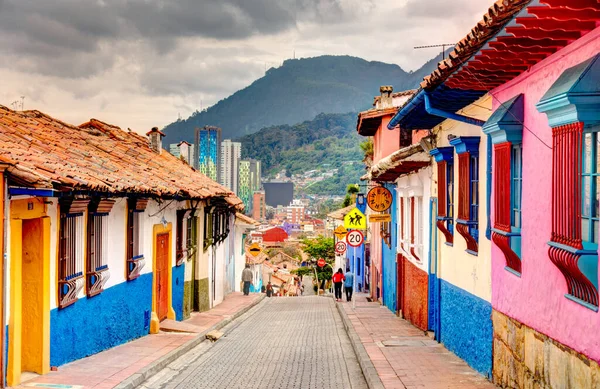
High-altitude growing conditions produce exceptional beans while local cafés increasingly showcase Colombian coffee’s diversity beyond traditional export grades. Specialty roasters highlight regional differences between growing areas while creating café experiences that educate visitors about coffee’s journey from farm to cup.
Traditional Tinto culture blends with contemporary coffee shop environments where Colombian baristas demonstrate techniques that honor both heritage and innovation. The city’s elevation and climate create perfect conditions for coffee appreciation, while local expertise provides insights into production methods that few other coffee cities can match.
London, England
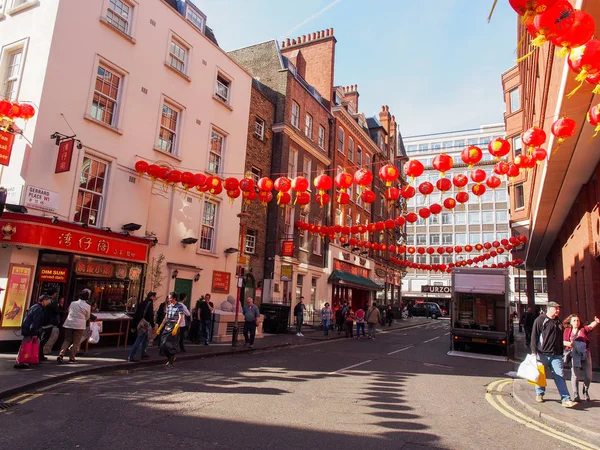
The city’s coffee renaissance transformed neighborhood cafés from basic beverage service into destinations where global coffee cultures converge with British café traditions. Borough Market and other food destinations house coffee roasters alongside vendors, creating environments where specialty coffee complements artisanal food culture.
Independent coffee shops often emphasize ethical sourcing and community connection while maintaining the efficiency that London’s fast-paced business culture demands. The diversity of coffee cultures—from traditional Italian espresso bars to Australian-influenced flat white specialists—reflects London’s international character.
Copenhagen, Denmark
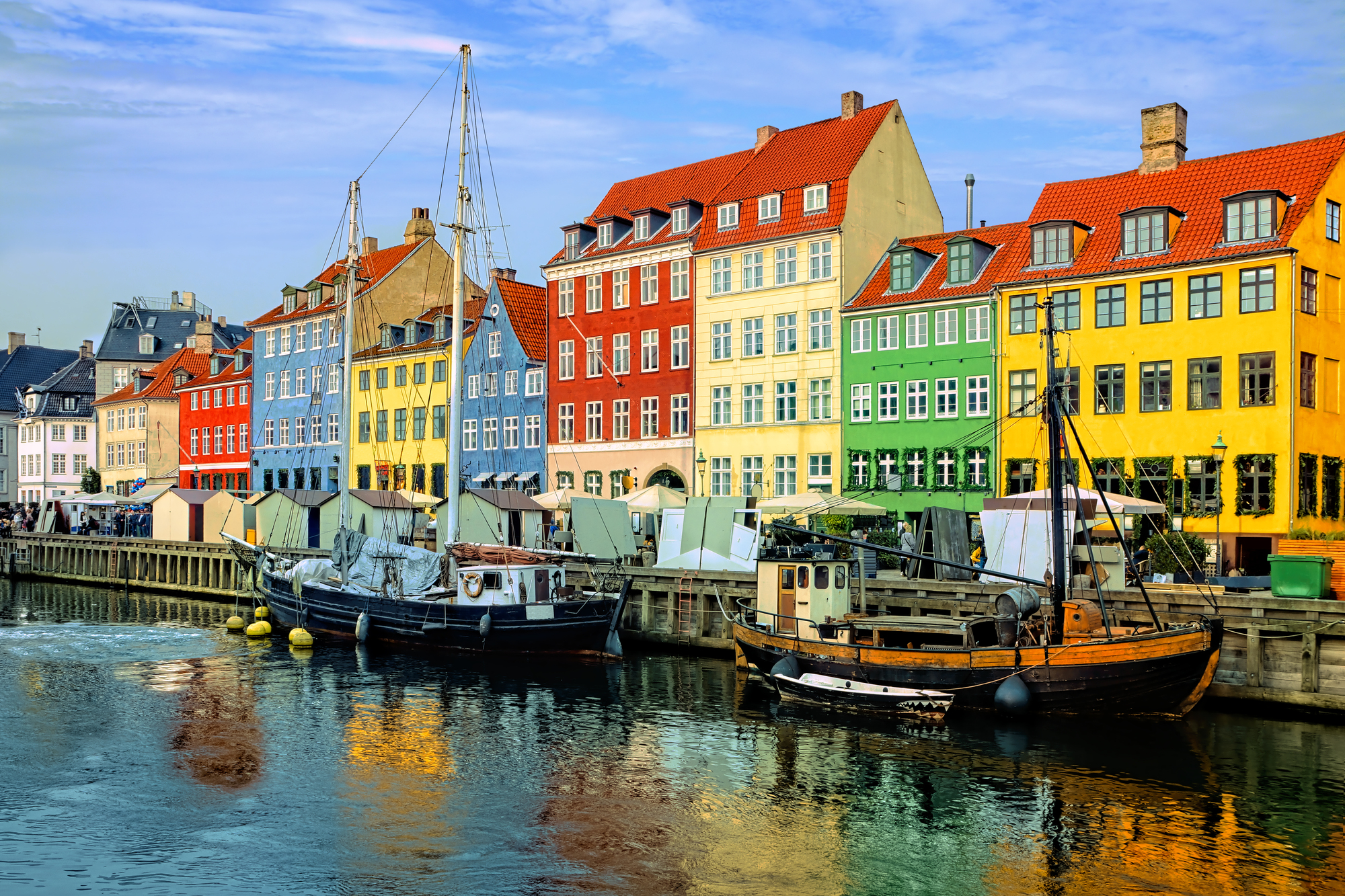
Danish hygge culture creates café environments that prioritize comfort and community connection, while local roasters focus on light roasts and innovative brewing methods that showcase Scandinavian coffee preferences. The city’s bicycle culture means many cafés cater to cyclists while maintaining spaces that accommodate both quick stops and extended social visits.
Local roasters often emphasize sustainability and direct trade relationships while creating café experiences that reflect Danish design sensibilities through minimalist aesthetics and functional beauty. The long winter nights create café cultures where warm, inviting spaces become essential community gathering points.
Like Travel Pug’s content? Follow us on MSN.
Addis Ababa, Ethiopia

The birthplace of coffee maintains traditional ceremony cultures where roasting, grinding, and brewing happen as community rituals that honor coffee’s spiritual and social significance. Local varieties like Yirgacheffe and Sidamo receive preparation that highlights Ethiopia’s position as coffee’s original homeland, while contemporary cafés blend traditional methods with modern brewing techniques.
Coffee ceremony traditions include incense, conversation, and community gatherings that transform coffee consumption into a cultural experience rather than mere caffeine delivery. The high altitude and ideal growing conditions mean local coffee often surpasses export quality while remaining accessible to neighborhood café culture.
Lisbon, Portugal
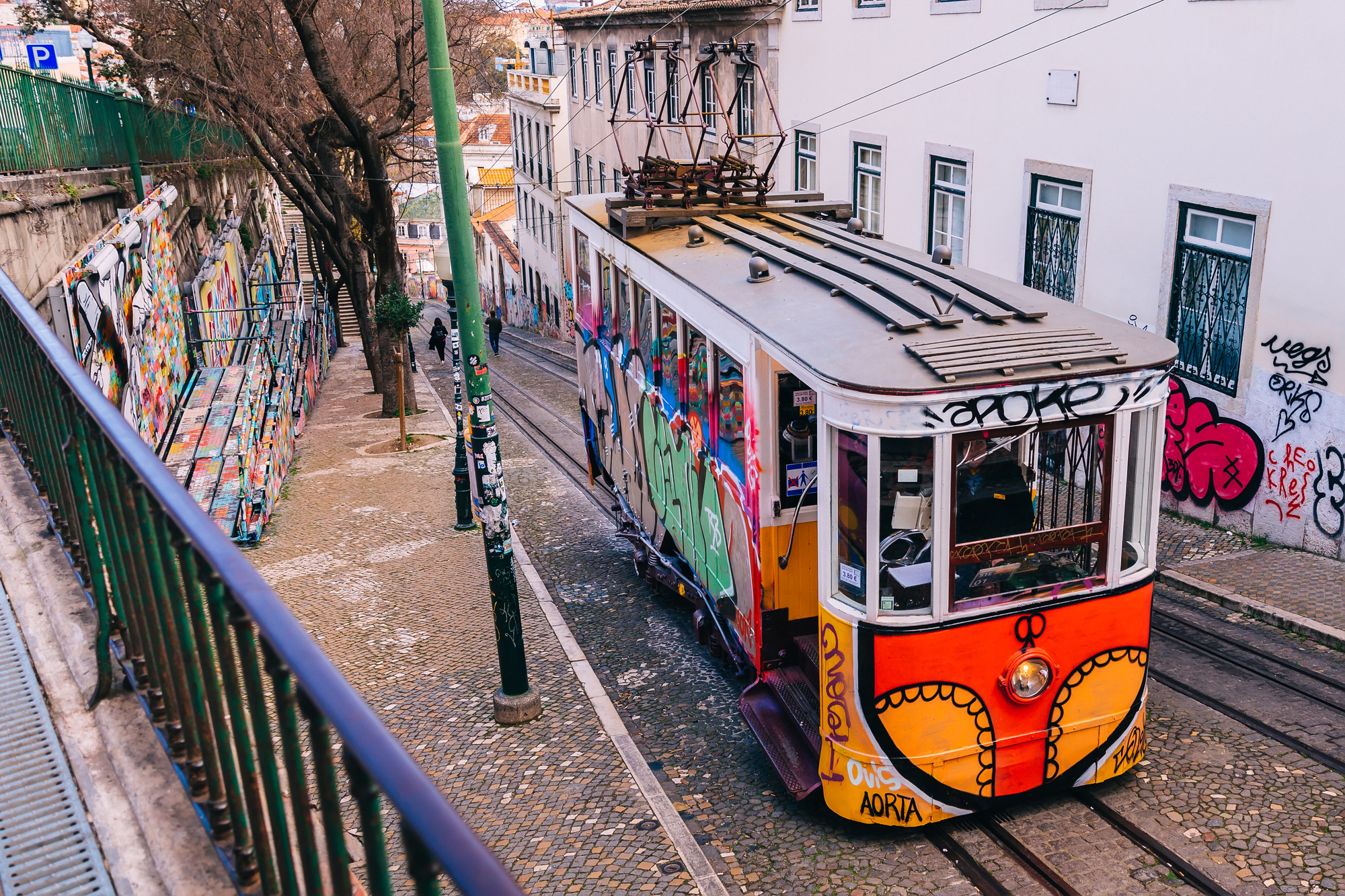
Bica culture provides the foundation for contemporary café scenes where traditional Portuguese coffee preparation meets innovative specialty roasting in neighborhoods that balance tourism with authentic local character. Pastel de nata pastries complement espresso-based drinks while local roasters experiment with Portugal’s historical coffee ties with former colonies and contemporary specialty techniques.
The city’s hills and viewpoints create café locations with stunning vistas while maintaining neighborhood authenticity that welcomes both residents and visitors. Traditional tabacarias (tobacco shops) serve coffee blends with modern specialty cafés, creating diverse options within walking distance.
Montreal, Canada

French café culture influences a coffee scene where independent roasters and cafés create community gathering spaces that accommodate both English and French-speaking communities. Local roasters often emphasize ethical sourcing while creating café environments that welcome extended stays and conversation in ways that reflect Quebec’s distinct cultural identity.
The harsh winters create café cultures where warm, inviting spaces become essential community resources while summer terraces extend café experiences onto sidewalks and parks. Bagel and coffee combinations reflect Montreal’s unique food culture, while specialty roasters compete with established chains through superior quality and local character.
Like Travel Pug’s content? Follow us on MSN.
Cape Town, South Africa
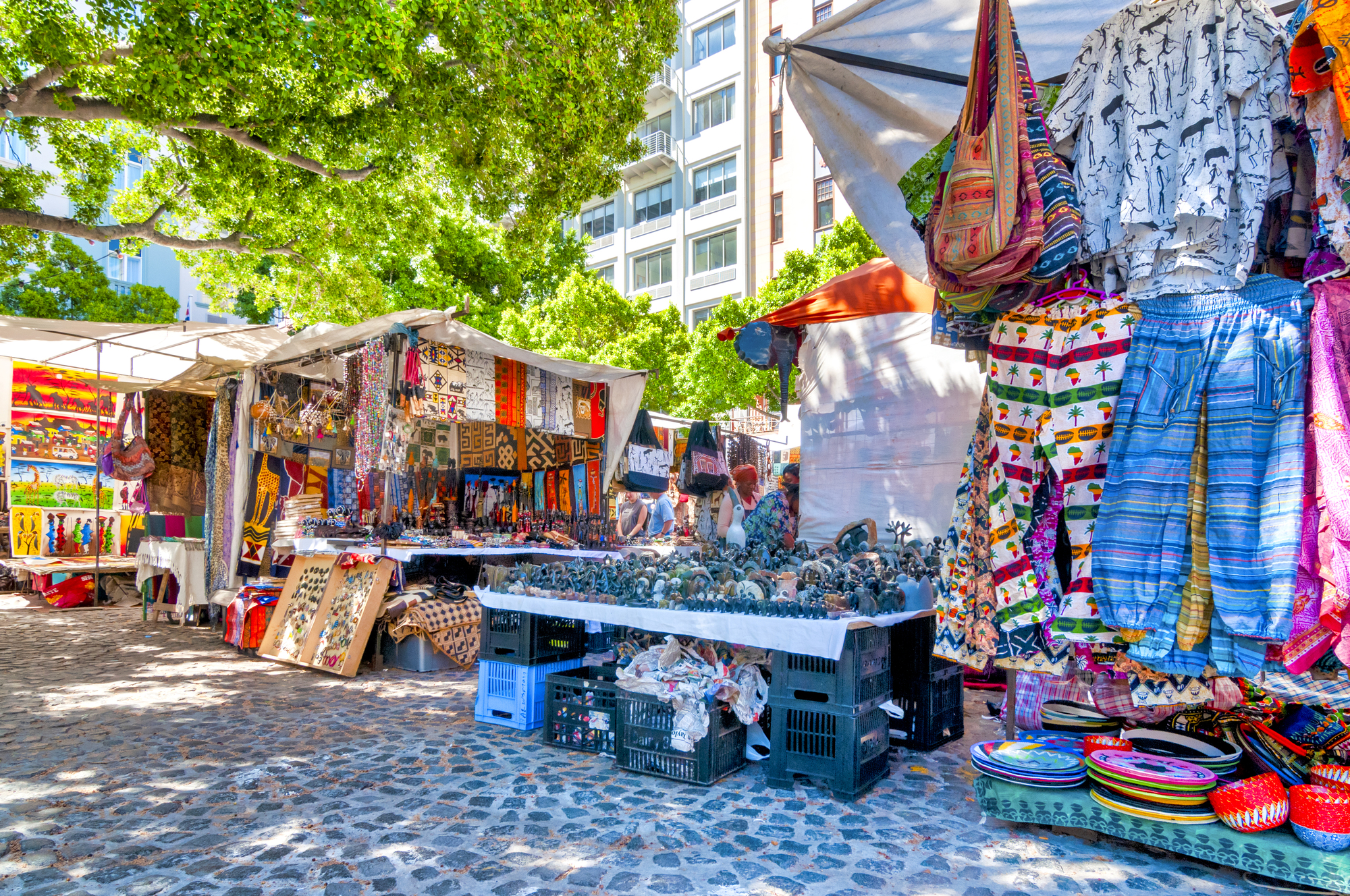
The city’s coffee renaissance showcases South African beans while creating café experiences that reflect the country’s diverse cultures and stunning natural setting. Local roasters often maintain direct relationships with African coffee farms while experimenting with processing methods that highlight regional terroir.
Café locations range from historic neighborhoods to modern waterfront developments, creating diverse environments that accommodate both business meetings and tourist exploration. The Mediterranean climate allows year-round outdoor café culture while local expertise in wine production influences coffee appreciation and flavor development techniques.
Amsterdam, Netherlands
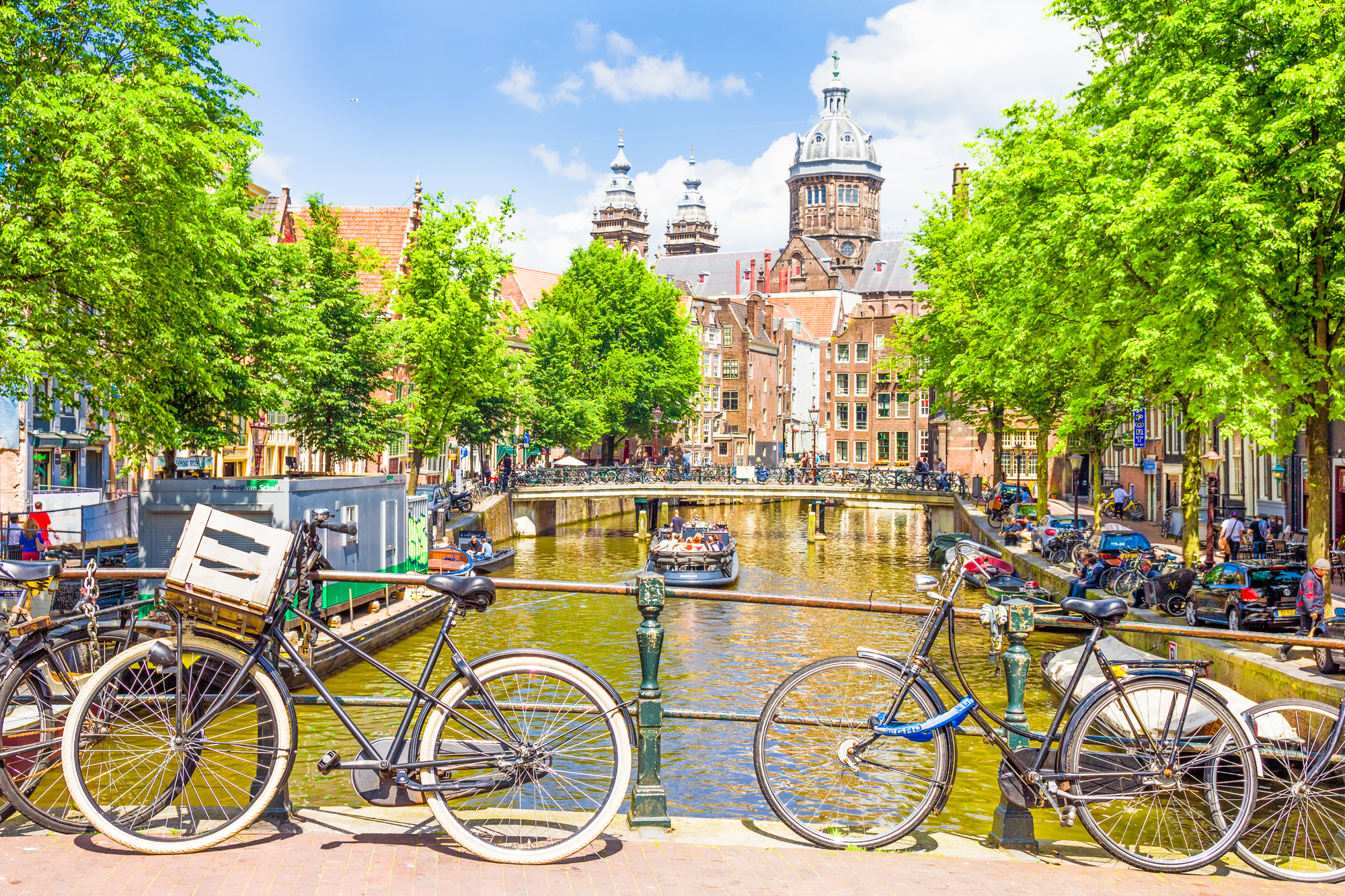
Brown café traditions provide the foundation for a contemporary coffee culture where independent roasters create spaces that balance Dutch efficiency with café environments that encourage lingering and conversation. Local preferences for strong coffee blends with specialty brewing methods while canal-side locations create uniquely Amsterdam café experiences.
The city’s bicycle culture influences café design and service while maintaining spaces that accommodate both quick stops and extended social visits. Dutch directness extends to coffee preparation, where quality takes precedence over elaborate presentation, creating straightforward excellence that reflects broader cultural values.
Where Coffee Culture Thrives
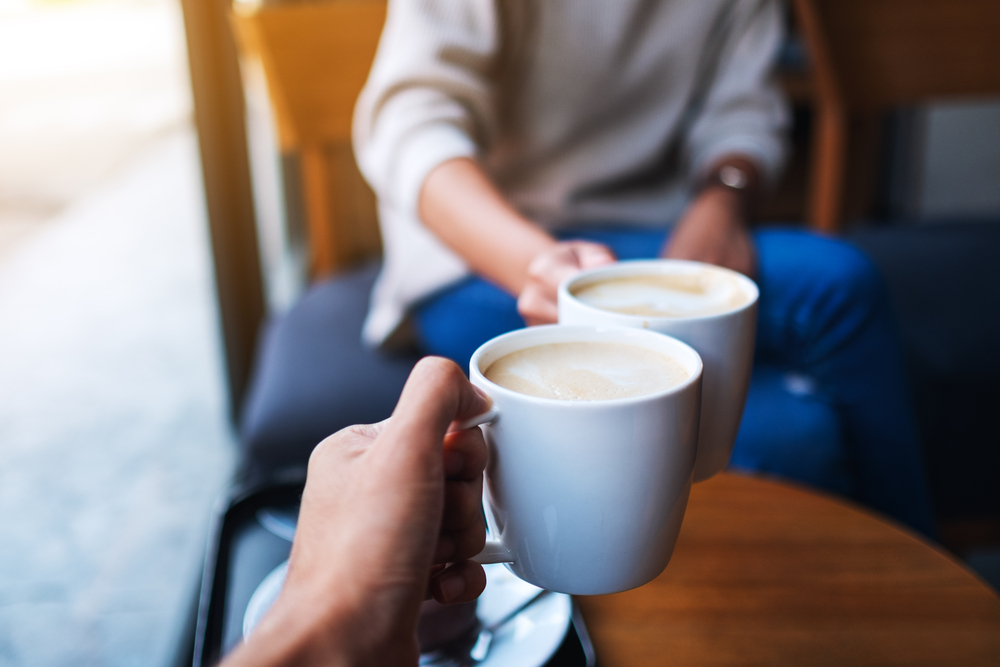
These cities prove that exceptional coffee experiences require more than just quality beans—they need communities that value craftsmanship, social connection, and the daily rituals that transform caffeine consumption into cultural expression. The finest coffee destinations create environments where technical excellence meets community gathering, producing flavors and atmospheres that define neighborhood character.
Whether participating in traditional coffee ceremonies or discovering innovative brewing techniques, these cities offer caffeinated adventures that connect visitors to local culture through the universal language of exceptional coffee.
Like Travel Pug’s content? Follow us on MSN.
More from Travel Pug

- 20 Best Beach Towns in the Carolinas
- 13 Destinations Where Tourists Regularly Regret Their Trip
- 20 Things You Actually Get in First Class
- 20 Small Airports With Aviation Museums
- 20 Places in the U.S. That Are Perfect for a Reset Trip
Like Travel Pug’s content? Follow us on MSN.
